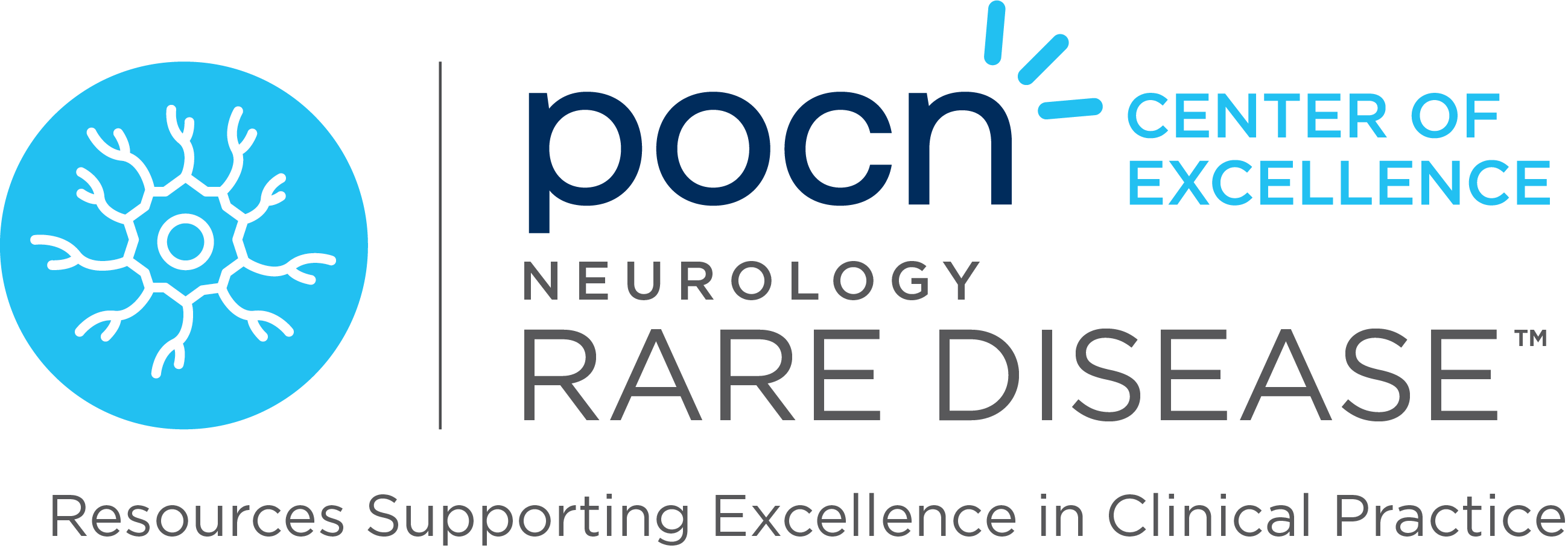Preparation is key when living with myasthenia gravis (MG), as a significant percentage of individuals with MG may experience at least one myasthenic crisis in their lifetime. A myasthenic crisis, marked by worsening muscle weakness often leading to respiratory failure, requires prompt and appropriate handling. Regular communication with healthcare providers helps in recognizing potential crisis signs and identifying triggers, which may include stressors, infections, medication changes, or surgical interventions like thymectomy.
Understanding the signs of an MG crisis and knowing when to seek medical assistance is crucial for individuals with MG and their support networks. Symptoms of a potential crisis may include difficulty breathing, speech changes, or coughing while eating or drinking. Collaborating with neurologists to develop personalized crisis plans and regularly updating crisis kits ensures readiness and empowers individuals to effectively manage MG-related emergencies.
Reference: Crisis 411: What You Need to Know About Myasthenic Crisis. MG United. Accessed April 25, 2024. https://www.mg-united.com/disease-and-treatment/crisis-planning?mid_gawcamid=14390121343&mid_gawadgrid=127974150882&mid_gawadid=610728184942



